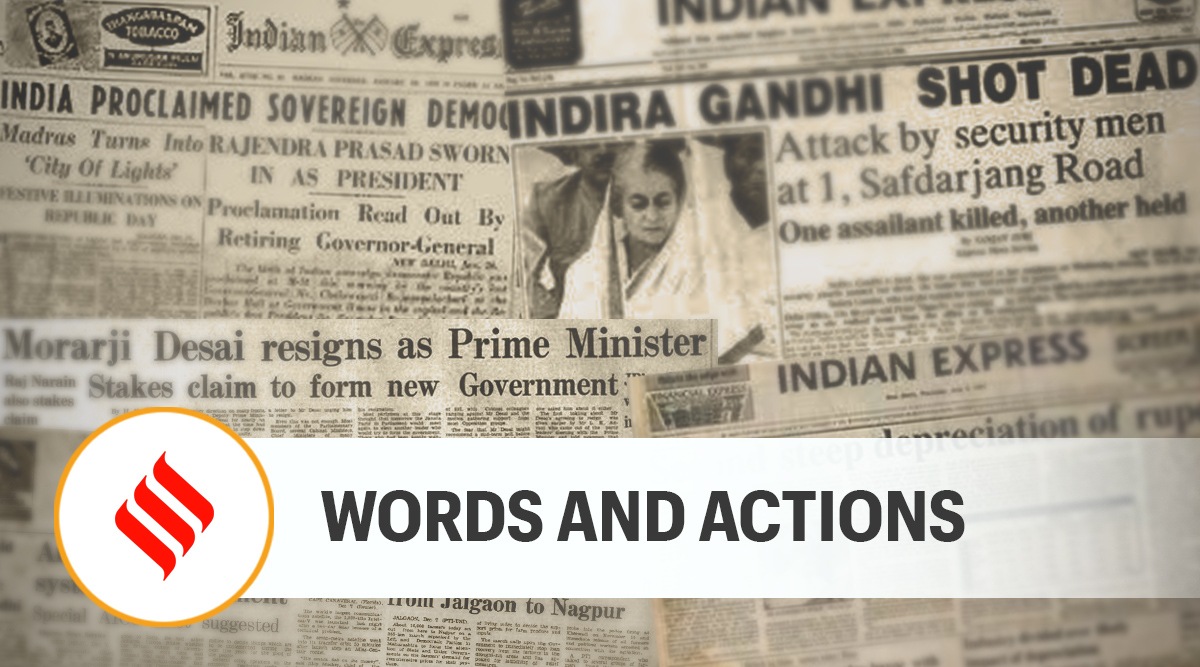 The Union Home Ministry has accorded Owaisi “Z-category” security — which Owaisi has reportedly refused — sending out the signal that when it comes to grave matters, politics can still stop at the water’s edge.
The Union Home Ministry has accorded Owaisi “Z-category” security — which Owaisi has reportedly refused — sending out the signal that when it comes to grave matters, politics can still stop at the water’s edge. The firing on AIMIM chief Asaduddin Owaisi’s vehicle in Hapur district, Uttar Pradesh, in the run-up to an assembly election, is extremely disturbing. In the aftermath, the UP police have detained the alleged shooter, Sachin Sharma, and his accomplice, Shubham. The Union Home Ministry has accorded Owaisi “Z-category” security — which Owaisi has reportedly refused — sending out the signal that when it comes to grave matters, politics can still stop at the water’s edge. The UP police has said that Sharma was “angry” over Owaisi’s speeches, while the AIMIM chief wants an independent probe by the Election Commission to look into the “conspiracy”. Beyond the law-and-order response, however, the attack could point to a worrying form of radicalisation among a section of the population.
Sharma, on his social media profiles, claims to be a member of the BJP — he has shared a membership card to that effect and posted photographs with senior BJP leaders as well as a video of Yati Narsinghanand, arrested recently for giving a hate speech at the Haridwar Dharam Sansad. On Facebook, Sharma has expressed sympathy and admiration for Ram Bhakt Gopal, who opened fire at anti-CAA protesters in Delhi in 2020. The probe will answer all the questions, but at first glance, the incident serves as a warning — an act of crime influenced by a larger climate of manufactured insecurity and othering. In the internet age, indoctrination and radicalisation need not take place only through the concerted efforts of organisations. People, apparently acting of their own will, are shaped by the world around them, where there now exists an unofficial, poorly-monitored information network — made of public speeches, social media posts, WhatsApp forwards — that can influence the disenchanted and the impressionable. While it may be difficult to establish a direct causal link between hate speeches and violence, it may also be naive to think there are no dots to be joined between the two.
It is incumbent on the BJP government and its leadership to condemn the attack on Owaisi by those who seek to invoke its name. In fact, all mainstream political parties need to unequivocally distance themselves from those who advocate bigotry and violence. As the assembly election campaigns pick up speed in Uttar Pradesh and elsewhere, the political class needs to remember that the vitriol that has become common on the campaign trail, if allowed to grow unchecked, has consequences.
This editorial first appeared in the print edition on February 5, 2022 under the title ‘Words and actions’.
- The Indian Express website has been rated GREEN for its credibility and trustworthiness by Newsguard, a global service that rates news sources for their journalistic standards.

